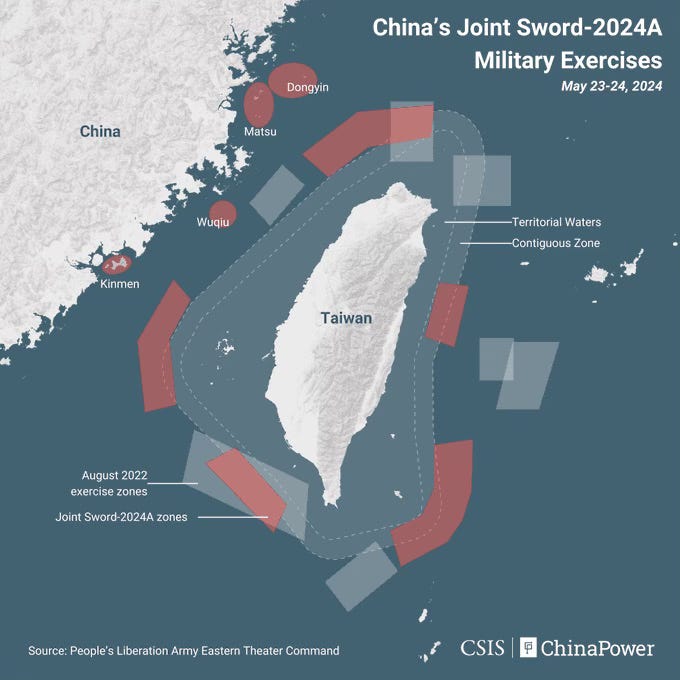Paper Tiger
PLA ready to curb Taiwan independence, Russian energy revenues rise 50% YoY, Moscow-Hanoi ties anger Washington, Lloyd Austin called Andrei Belousov, RIMPAC muscle show exposes US Paper Tiger
PLA ready to curb 'Taiwan independence'
By CCTV
Chinese Defense Minister Dong Jun said on Sunday that the People's Liberation Army (PLA) is prepared to take resolute actions to curb "Taiwan independence" and ensure that "Taiwan independence" will never happen.
Dong made the remarks in a speech on China's approach to global security at the 21st Internationa…






